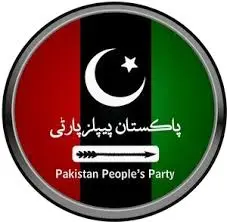Zulfikar Ali Bhutto formed the Pakistan People’s Party (PPP), a well-known political organization in Pakistan, in Lahore on November 30, 1967. The party is well-known for its center-left views, which support economic fairness, social democracy, and the rights of underrepresented groups. Its emphasis on meeting fundamental human needs and minimizing inequality is reflected in its slogan, “Roti, Kapra, aur Makan” (Bread, Clothing, and Shelter).
With the production of noteworthy individuals like Zulfikar Ali Bhutto (Shaheed), who was both president and prime minister and his daughter Mohtarama Benazir Bhutto (Shaheed), the first female prime minister of a Muslim-majority nation, the PPP has had a tremendous impact on Pakistan’s political history. Despite obstacles including internal factionalism and military takeovers, the party has played a significant role in framing Pakistan’s constitution and achieving democratic reforms.
Bilawal Bhutto Zardari, the son of Benazir Bhutto and Asif Ali Zardari, is currently the party chairman of the PPP. The PPP is still a powerful political force, especially in Sindh province, even though its influence has diminished in some areas.
Asif Ali Zardari is the PPP’s co-chairman, while Bilawal Bhutto Zardari is the party’s chairman at the moment. The Islamic Republic of Pakistan is also led by President Asif Ali Zardari.
